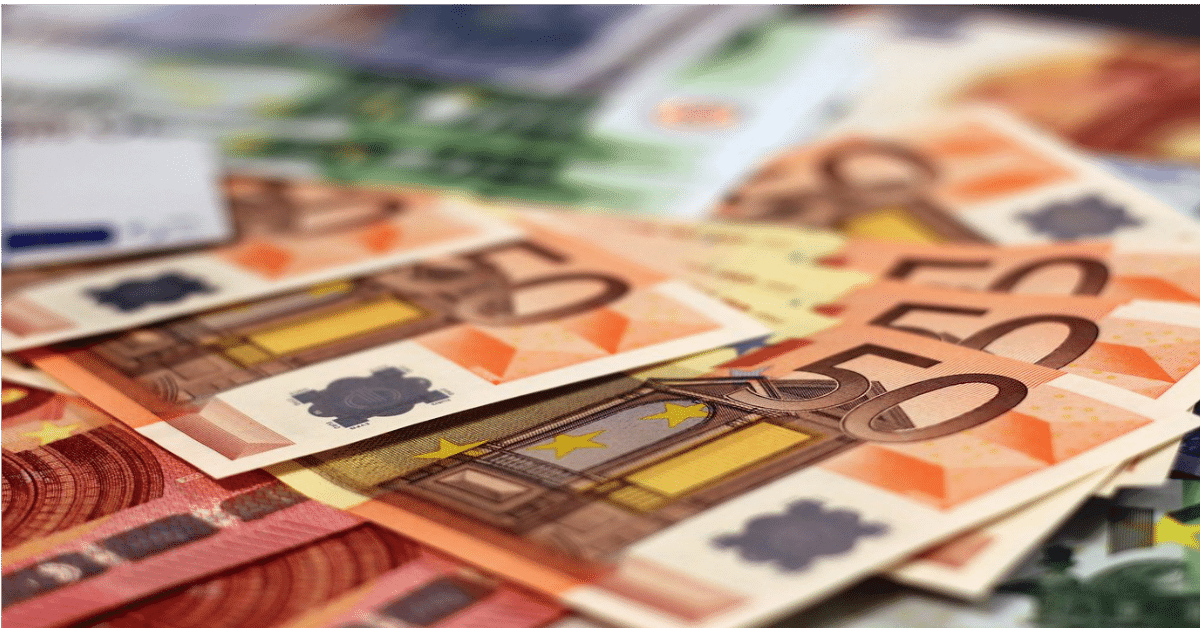i As emissões ndustriais até agora não entregaram muita redução. Principalmente porque não havia incentivos econômicos para a indústria fornecer reduções. Para mudar a situação, a Dinamarca concordou em 2022 em impor um imposto de CO2 à indústria a partir de 2030. (Os setores dinamarquês de energia e calor estarão livres de emissão em breve se as emissões de biomassa não forem contadas). Este é um bom exemplo de medida a ser incorporado no NECP atualizado. Para esse fim, o Conselho Climático Independente Dinamarquês aconselhou o governo a impor um imposto de CO2 uniforme em todos os setores gradualmente subindo para € 200/TON CO2 até 2030.
– In June 2022 the Danish parliament imposed a CO2-tax on industrial emissions.
– Danish GHGs reductions have mainly been achieved in the heat and power sectors while transport, agriculture and industry have failed to contribute. (The Danish power and heat sectors will be emission free soon if biomass emissions are not counted).
– The new CO2-tax will incentivise industry, transport and agriculture to start contributing. This is a good example of measure to be incorporated in the updated NECP.

The best way to ensure a both rapid and cost effective transition to zero emissions is to impose a high uniform CO2-tax on all economic sectors. To this end the Danish independent climate council advised the government to impose a uniform CO2-tax on all sectors gradually rising to €200/ton CO2 by 2030.
A maioria do parlamento acordou já em junho a dezembro de 2020 com o princípio de um conjunto de CO2 uniforme, mas decidiu estabelecer o co2-TAX em as fases. O imposto de CO2 para agricultura e transporte ainda aguarda recomendações do painel de especialistas nomeado pelo governo muito lento. Segundo o contrato, o imposto só deverá ser pago em 2030 e em diante e não é uniforme. Em vez disso, a taxa de imposto varia de € 100/tonelada de CO2 para a indústria fora do ETS; € 50/tonelada para a indústria dentro do ETS; a apenas € 16,6/ton para as indústrias mineralógicas (cimento, vidro). Progresso em impostos sobre CO2 para a agricultura e o transporte, a iniciativa é positiva para a nossa newsletter
In June 2022, a broad majority in the DK parliament decided to impose a CO2-tax on industry. According to the agreement, the tax will only have to be paid in 2030 and onwards and it is not uniform. Rather the tax-rate varies from €100/ton CO2 for industry outside the ETS; €50/ton for industry within the ETS; to as little as €16,6/ton for mineralogical industries (cement, glass).
Despite these weaknesses (low tax-rate; long implementation time; un-uniform tax-rate; and favouritism towards the mineralogical industries (the cement factory, which alone is responsible for 5% of DK total emissions is located in the election district of the DK prime minister) in the design of the CO2-tax, and the slow progress in deciding CO2-tax for agriculture and transport, the initiative is positive.
Within all sectors technologies aimed at the decarbonisation have been developed. They have so far not been widely adopted primarily because there was no business case in investing in reduced emissions. With the certainty of a CO2-tax in the not-too-distant horizon, this is now changing.

